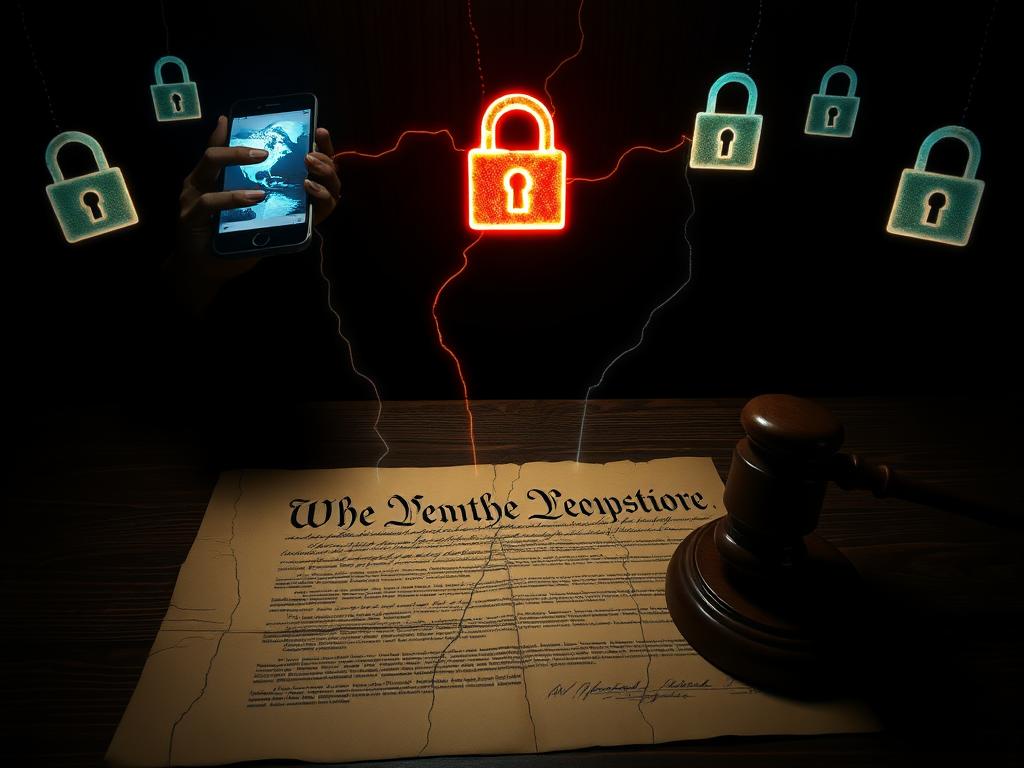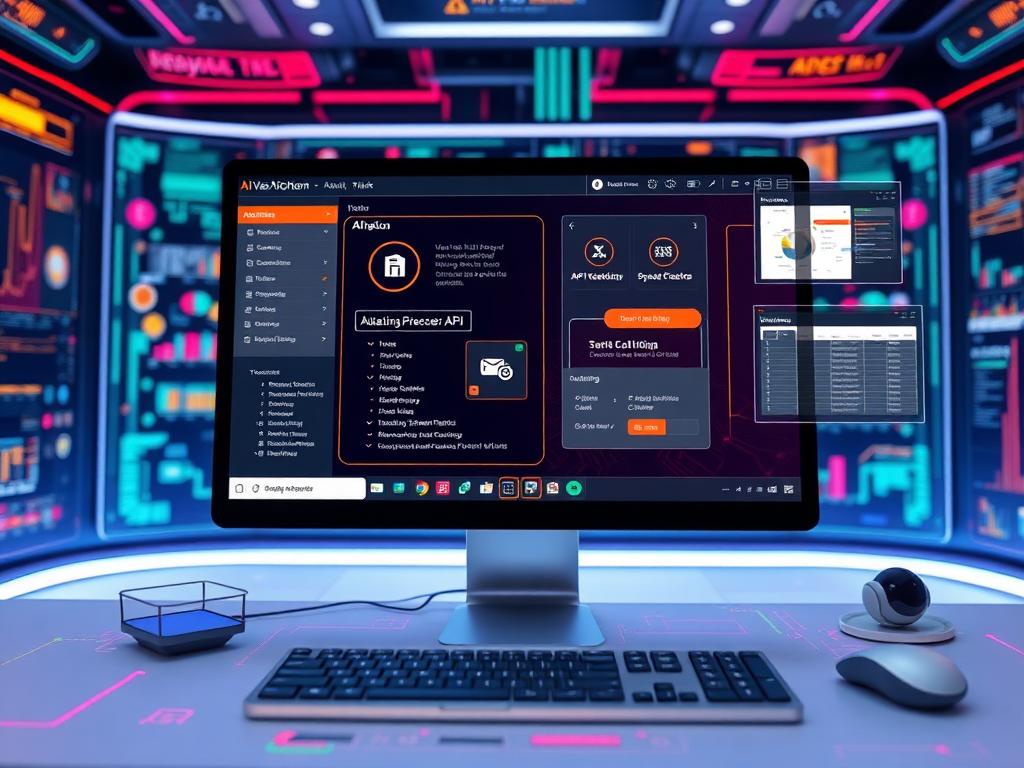
Why We Act Nice When Feeling Anxious
Explore the psychology behind why we become overly nice during anxious social interactions and how to provide meaningful feedback.
Why We Act Nice When Feeling Anxious
Have you ever noticed that during moments of intense anxiety, such as when your heart is pounding and your palms are sweating, you tend to become overly nice to the people around you? As a social psychologist with over 20 years of experience studying uncomfortable social interactions, I’ve found that this phenomenon, which I call “anxious niceness,” is far more common than you might think.
The Science Behind Anxious Niceness
To understand this behavior, I’ve studied three main outcomes in social interactions. First, I look at what people say—how friendly they are, how much they compliment others, and how gracious their feedback is. Second, I examine nonverbal behaviors, such as fidgeting, avoiding eye contact, or playing with hair. Finally, I measure physiological responses like heart rate and blood pressure, which often reveal stress that we’re not even consciously aware of.
In my lab, I’ve observed these patterns in various scenarios, from negotiations and doctor-patient interactions to feedback sessions between colleagues. One striking finding is how quickly stress manifests. Within the first 20 seconds of an interaction, participants’ heart rates and blood pressure spike. They fidget, avoid eye contact, and even subtly shift their chairs away from others to create distance.
The Cost of Anxious Niceness
One of my favorite studies involved negotiations. After a negotiation, the winners were asked to give constructive feedback to the losers. Instead of offering honest advice, they layered on compliments like, 'The way you made that early offer was amazing,' or 'It was great how you didn’t ask about my side.' This type of feedback, while seemingly kind, is often vague and unhelpful.
Over time, anxious niceness can harm relationships and performance. When feedback is overly positive but lacks specificity, it can leave recipients unsure of where they stand. For example, telling someone they’re a 'great team player' without elaborating can feel lazy or disengaged. In professional settings, this can damage reputations and hinder growth.
Breaking the Cycle of Anxious Niceness
So, how can we move beyond anxious niceness and provide feedback that’s both kind and constructive? Here are three strategies:
The Role of Specificity
When giving feedback, aim for specificity. Instead of saying, 'You’re so timely,' explain what you mean, such as, 'It’s helpful that you send your reports by 5 pm.' For constructive feedback, avoid general statements like, 'You need to take more initiative.' Instead, offer actionable advice, such as, 'Don’t wait for Tom to ask about errors—share them proactively.'
Focus on Replacement Behaviors
When you point out a negative behavior, suggest a replacement. For example, instead of simply saying, 'Stop interrupting,' you could say, 'Try waiting until others finish speaking before sharing your thoughts.' This approach is more constructive and less likely to cause defensiveness.
Start Small and Neutral
Breaking the cycle of anxious niceness can be daunting, so start with neutral feedback. For example, suggest changing the order of points in a presentation or adjusting the font. These small, specific pieces of advice are easier to give and receive, helping build confidence for tougher conversations.
Niceness still has a place in feedback, but it should be paired with clarity and specificity. By doing so, we can move beyond anxious niceness and create more meaningful and effective interactions.


























































